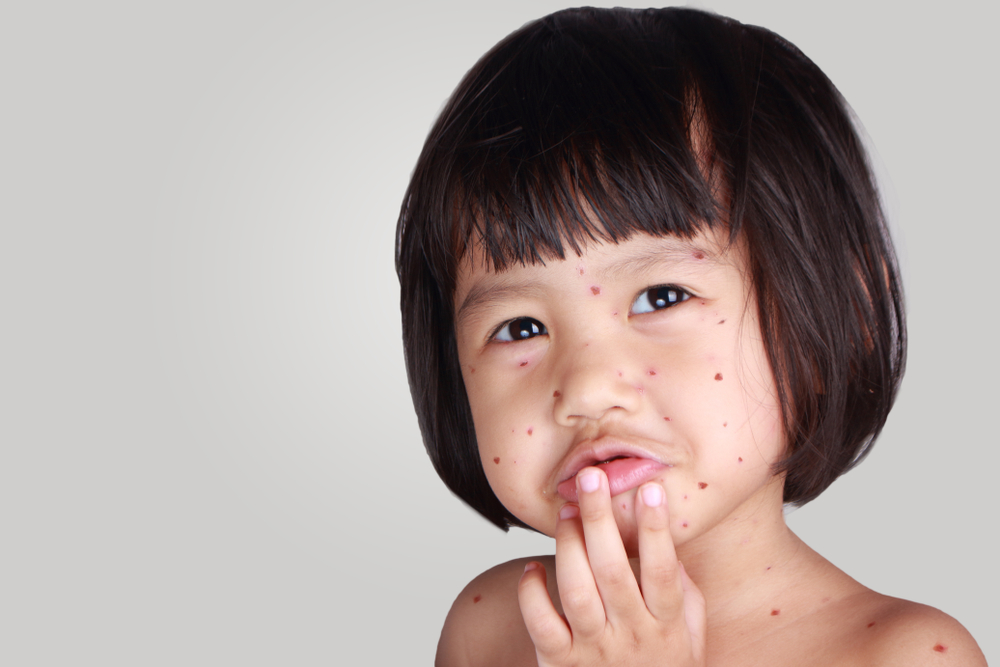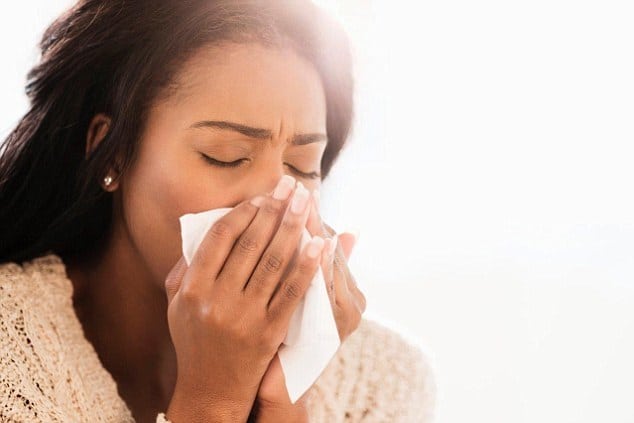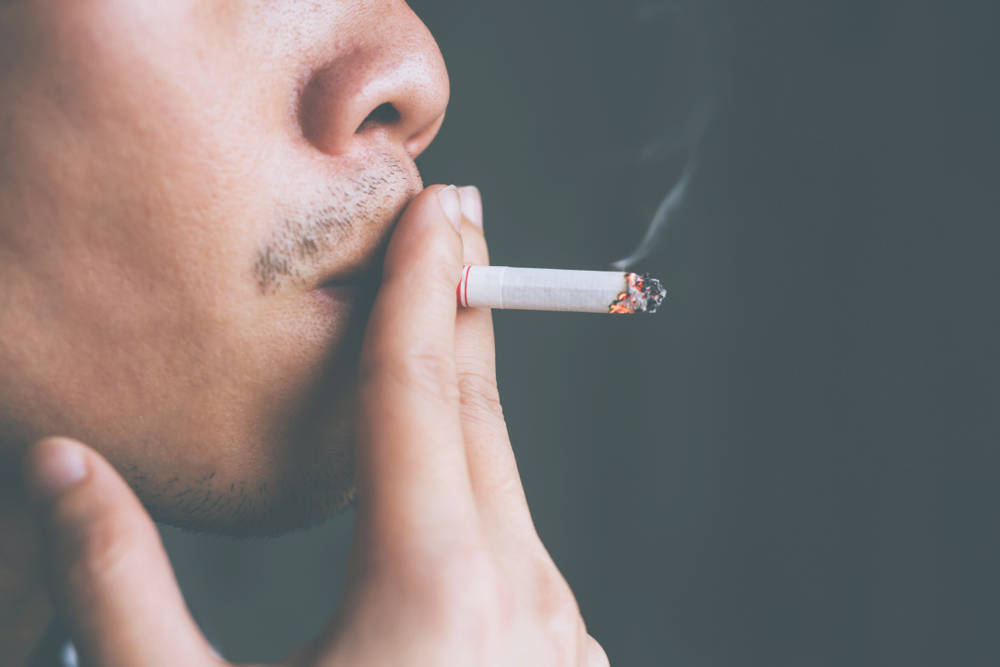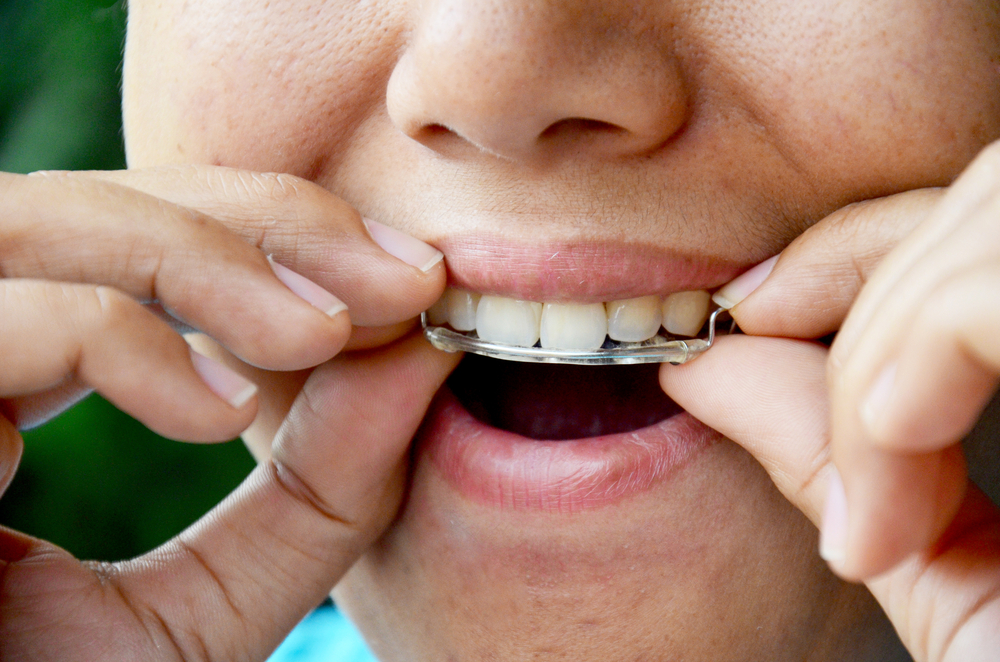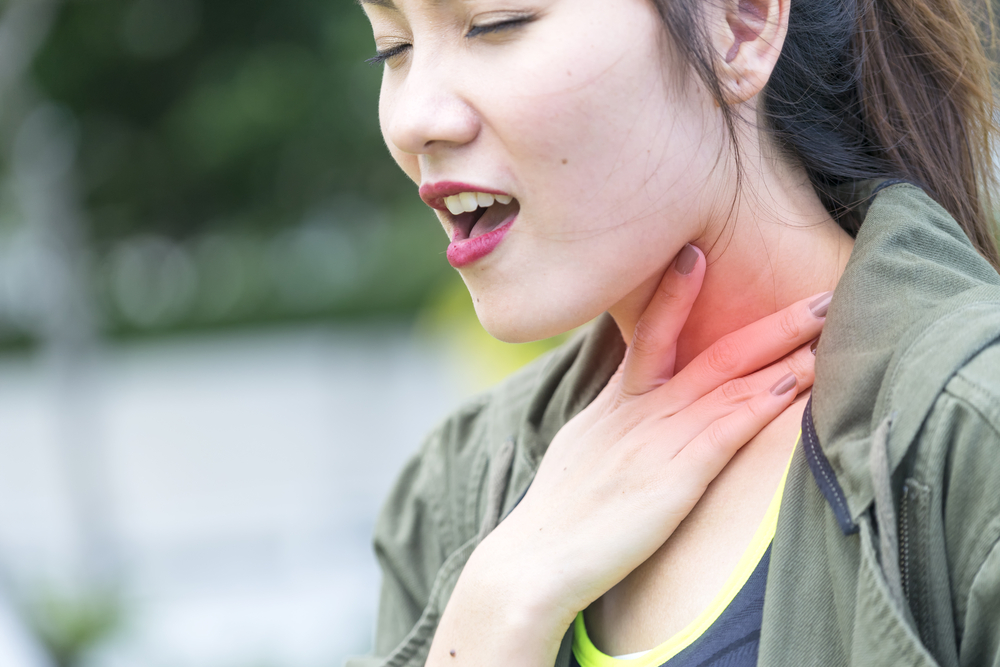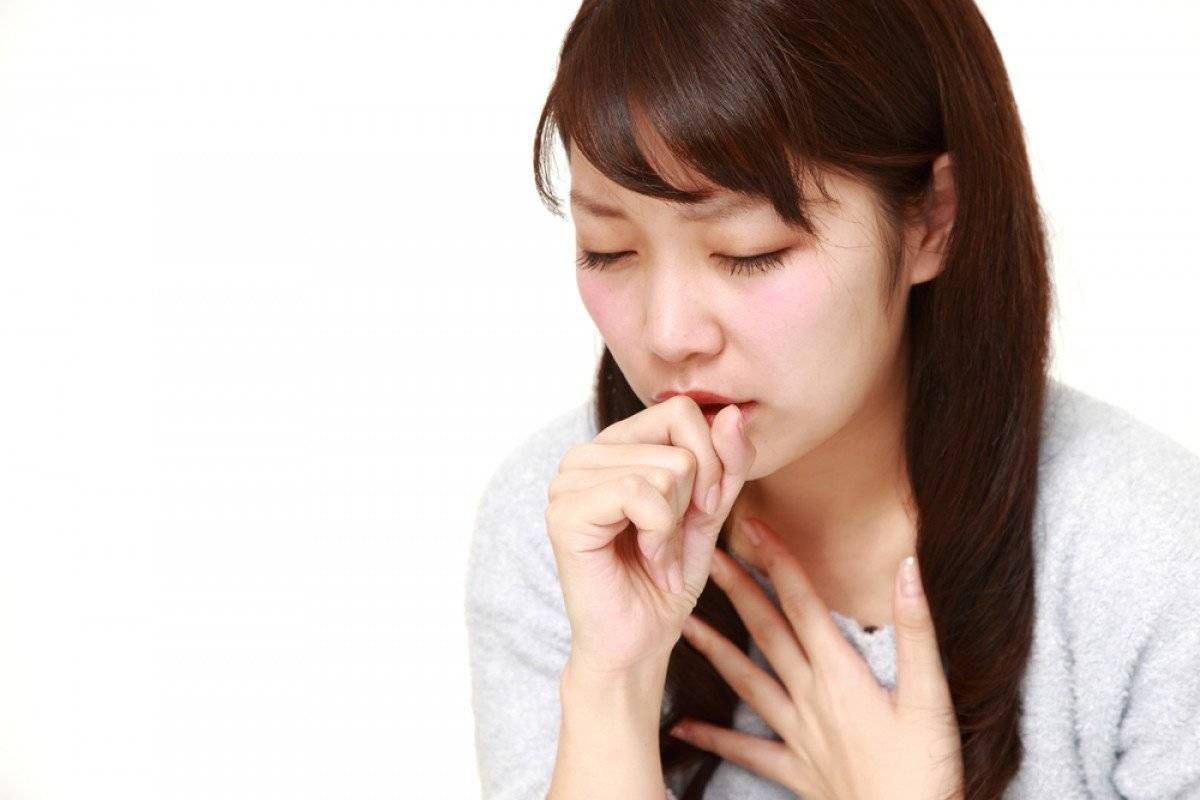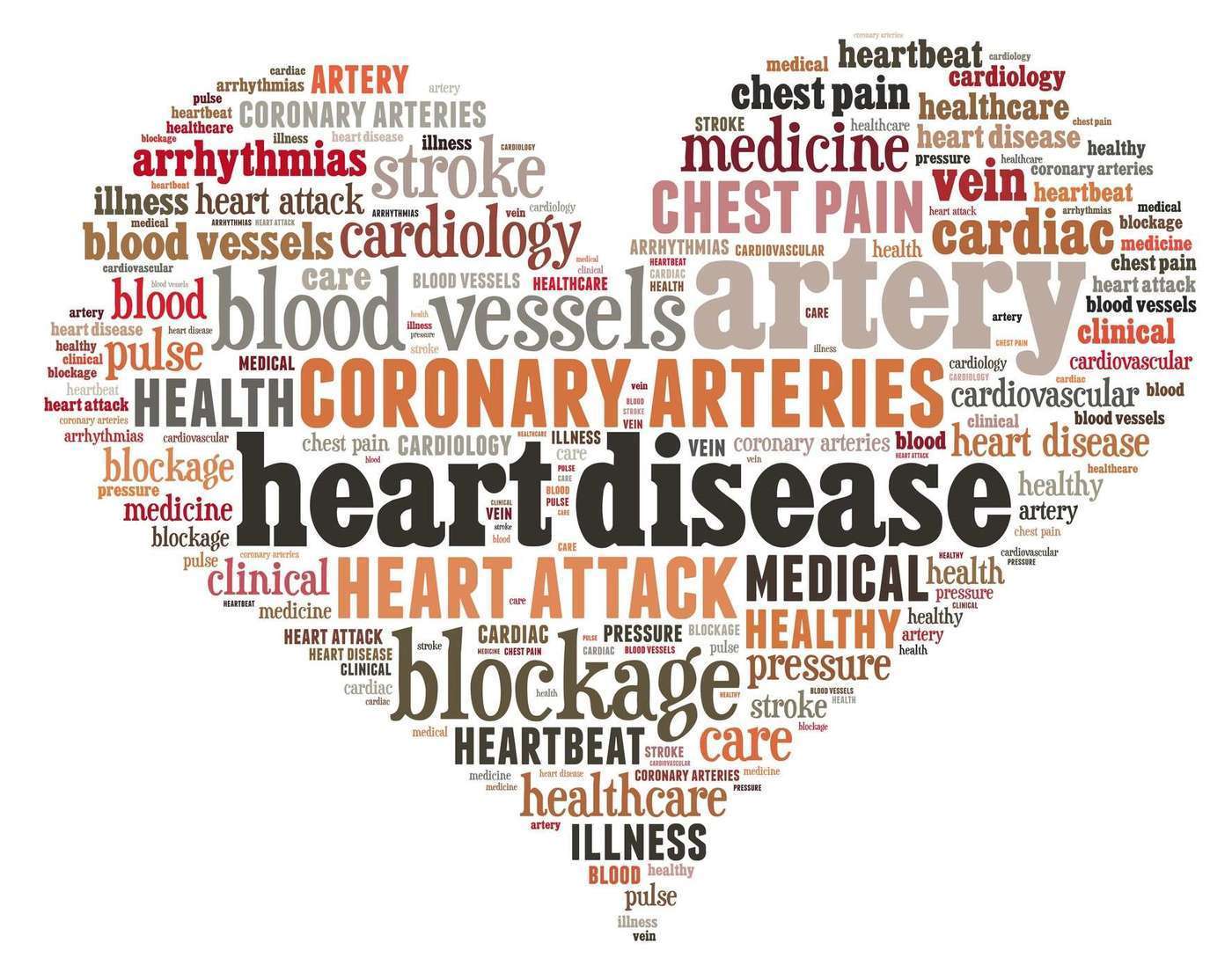Contents:
- Medical Video: Dandruff | How To Get Rid Of Dandruff (2018)
- Effects of dust, pollution and bacteria on our skin
- How can the skin be damaged "only" because of air pollution?
- Then, how to treat teenage skin to avoid pollution caused by pollution?
Medical Video: Dandruff | How To Get Rid Of Dandruff (2018)
Germs, vehicle fumes, and dust are a few factors that trigger skin problems. This condition can happen to anyone, especially teenagers who spend most of their time outside the home. Unfortunately, there are still many teenagers who do not understand the dangers of exposure to dust and pollution that are vulnerable to damaging skin health.
What is the effect of bacteria, dust, and pollution on skin health? And how is the right handling? Come on, see more in the following review.
Effects of dust, pollution and bacteria on our skin
The skin is the outermost and widest part of the body that functions as a barrier to the body from germs, dust, to pollution. In short, before various impurities enter the body, the skin will first carry out one of its tasks, which is protecting the body.
That is why, various skin problems can easily attack you if you are not good at maintaining the cleanliness of your skin. As explained by Doris Day, MD, a clinical professor of dermatology at New York University's Langone Medical Center, attacks of dust and pollution can result in changes in skin color, uneven skin tone, while accelerating skin aging.
The statement was supported by a study published in the Journal of Investigative Dermatology, which compared women who had lived in cities and villages for 24 years. The results prove that women who are more often exposed to dust and pollution are more susceptible to having dark spots and wrinkles on the skin. This shows that it turns out that the sun is not the only cause of skin damage.
How can the skin be damaged "only" because of air pollution?
The smallest particles of dust, smoke, and pollutants from the vehicle's exhaust and combustion are released freely into the air. When these particles fly and then stick to your skin, they not only "stop" on the surface of the skin, but can enter and stay in the pores of the skin.
What's more, the size of these particles is almost 20 times smaller than the size of skin pores, making it easier for particles to infiltrate the epidermal layer. Gradually, if it is not cleaned and cared for optimally, there will be a variety of skin problems in adolescents. For example loss of skin elasticity, dry skin, rough, reddish (rash), to look dull.
These conditions can certainly interfere with your daily activities, even harmful to skin health in the future. Therefore, the skin also needs proper care so that it is not easily damaged and maintained its beauty.
Then, how to treat teenage skin to avoid pollution caused by pollution?
After knowing the dangers of dust and pollution that threaten the health of your skin, it is certainly very important to insert a simple routine, but it can have a positive impact on the skin. Yes, in addition to treating facial skin in adolescence, body skin is also important to always be kept clean.
Therefore, make it a habit to always protect the skin, such as by using body lotion after each shower or every skin feels dry.
After doing outdoor activities, don't forget to take a shower using refreshing soap while keeping the skin from germs. One option is to use soap with 100 percent natural apricot scrub content.
Apricots are believed to be able to treat a number of skin diseases including eczema and itching. In fact, apricots are also able to counteract the effects of free radicals, and slow down the aging process of the skin. This is all thanks to the content of vitamins and antioxidants contained in the fruit.
In addition, soap with natural apricot scrub granules can help remove dirt and dead skin cells, even in the pores. Finally, the skin will feel smoother, look brighter, and certainly stay healthy.
With healthy and beautiful skin, your confidence will increase. Of course, you will also be more enthusiastic and ready to undergo daily activities.


